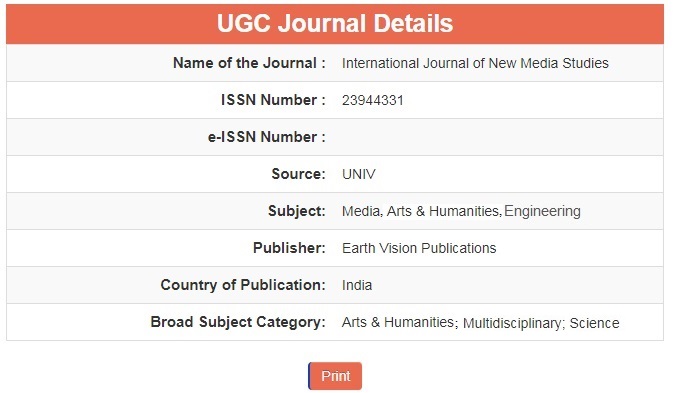Education: A Key Mechanism for Sustainable Development in New Current Generation
Keywords:
Sustainable development, Education, Rio Earth Summit and Fundamental Right etc.Abstract
The term “Sustainable Development” became prominent after the Rio Earth Summit in 1992 which prioritised global environmental discussions and improved upon the initial framework introduced at the United Nations Conference on the Human Environment, Stockholm in 1972. There are many definitions of the term, but the most widely accepted is the one used in the publication “Our Common Future”, sometimes referred to as the Brundt land definition: “Development which meets the needs of the current generation without compromising the ability of future generations to meet their needs” (UN, 1989). In order to implement sustainable development, it became necessary to develop the ideas further in terms of defining what sustainable means and the relevance of development and distinguishing it from education. The resulting Rio Declaration on Environment and Development, however, advocated the role of education in preventing ecological degradation (Cleveland & Kubiszewski, 2007). Education which promotes functional literacy, livelihood skills, understanding of the immediate environment and values of responsible citizenship is a precondition for sustainable development. Such education must be available to every child as a fundamental right, without discrimination on the basis of economic class, geographical location or cultural identity. Aim of this research is to understanding the potential of education to promote sustainability, reduce poverty, train people for sustainable livelihoods and catalyze necessary public support for sustainable development initiatives.






